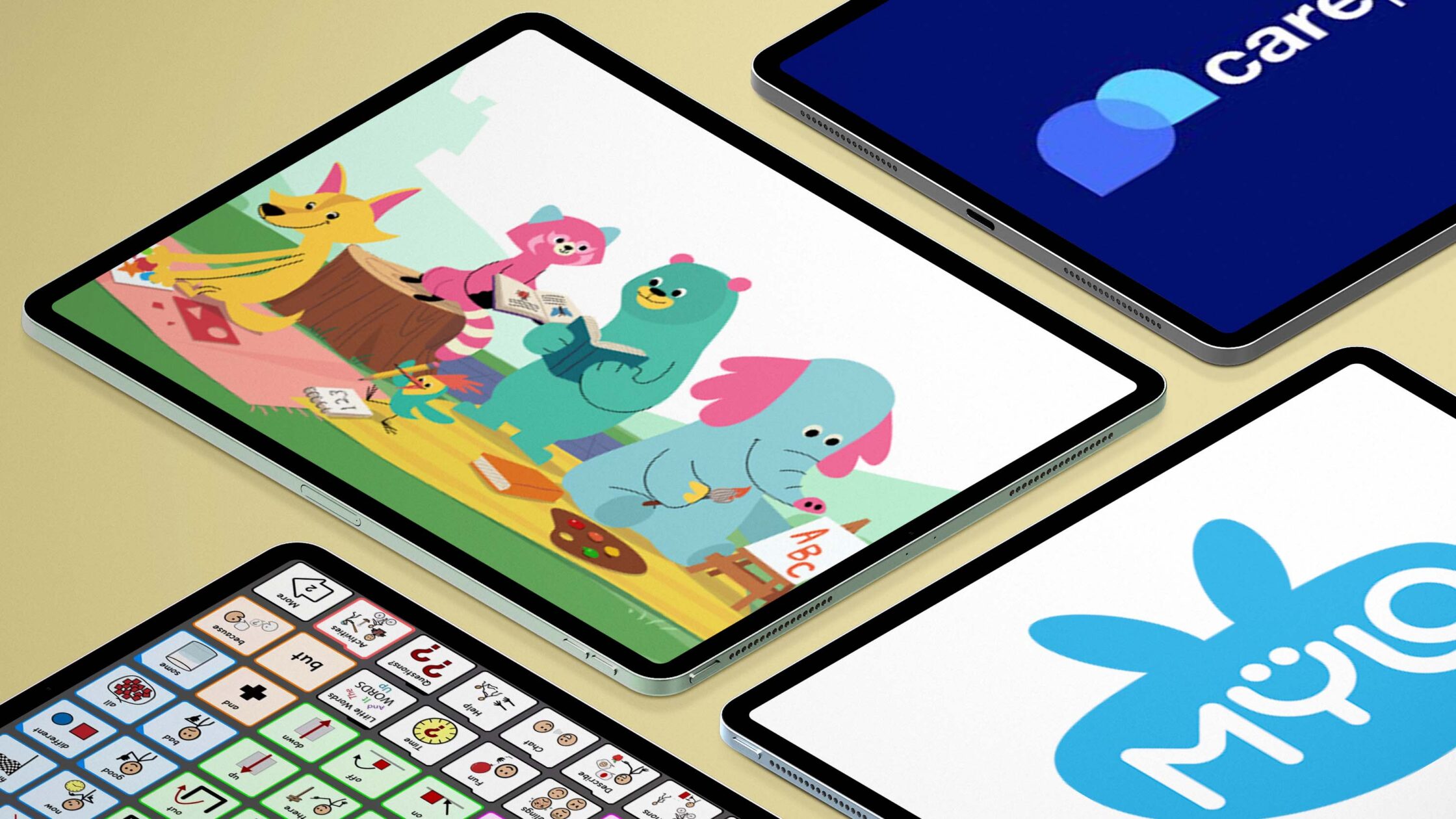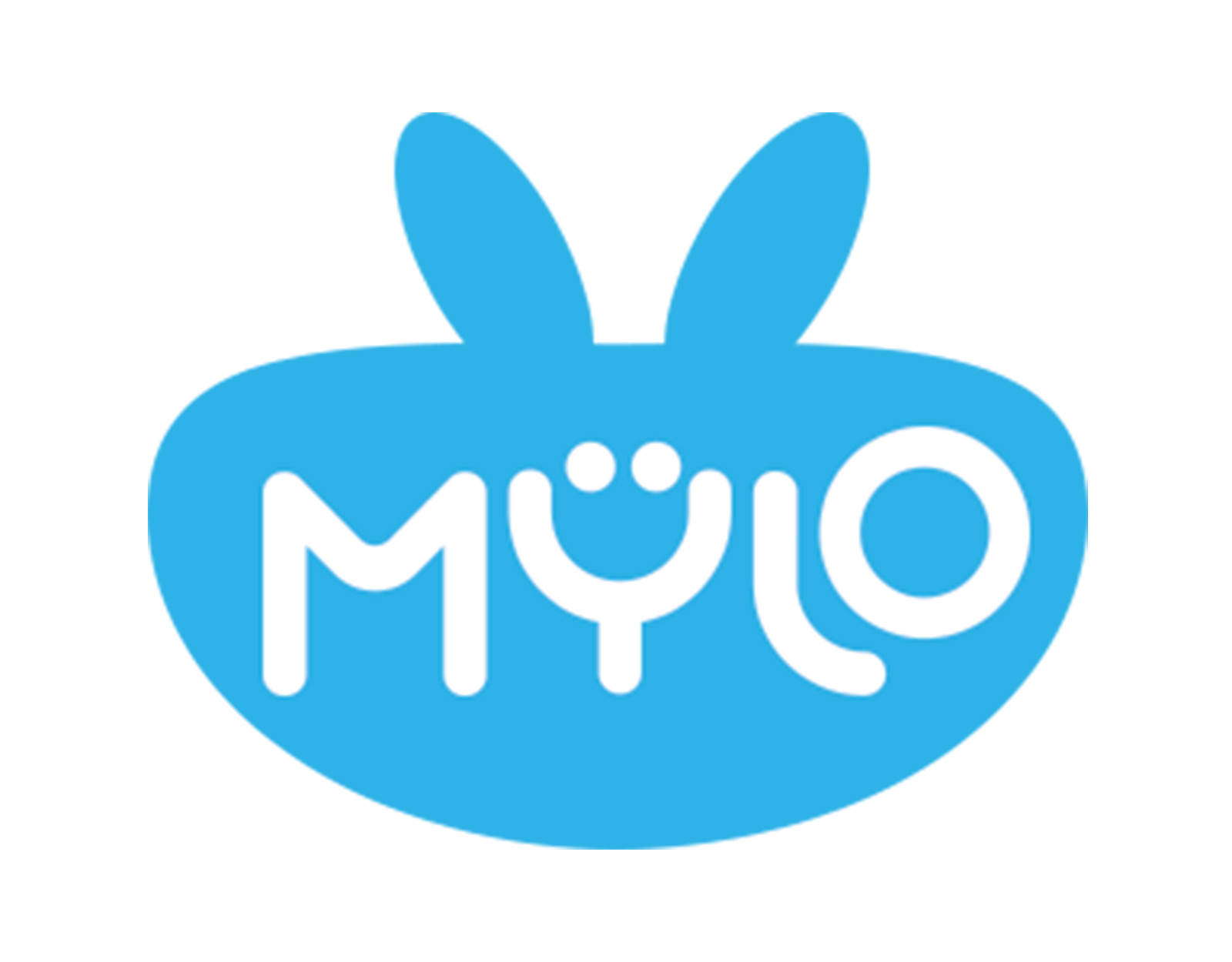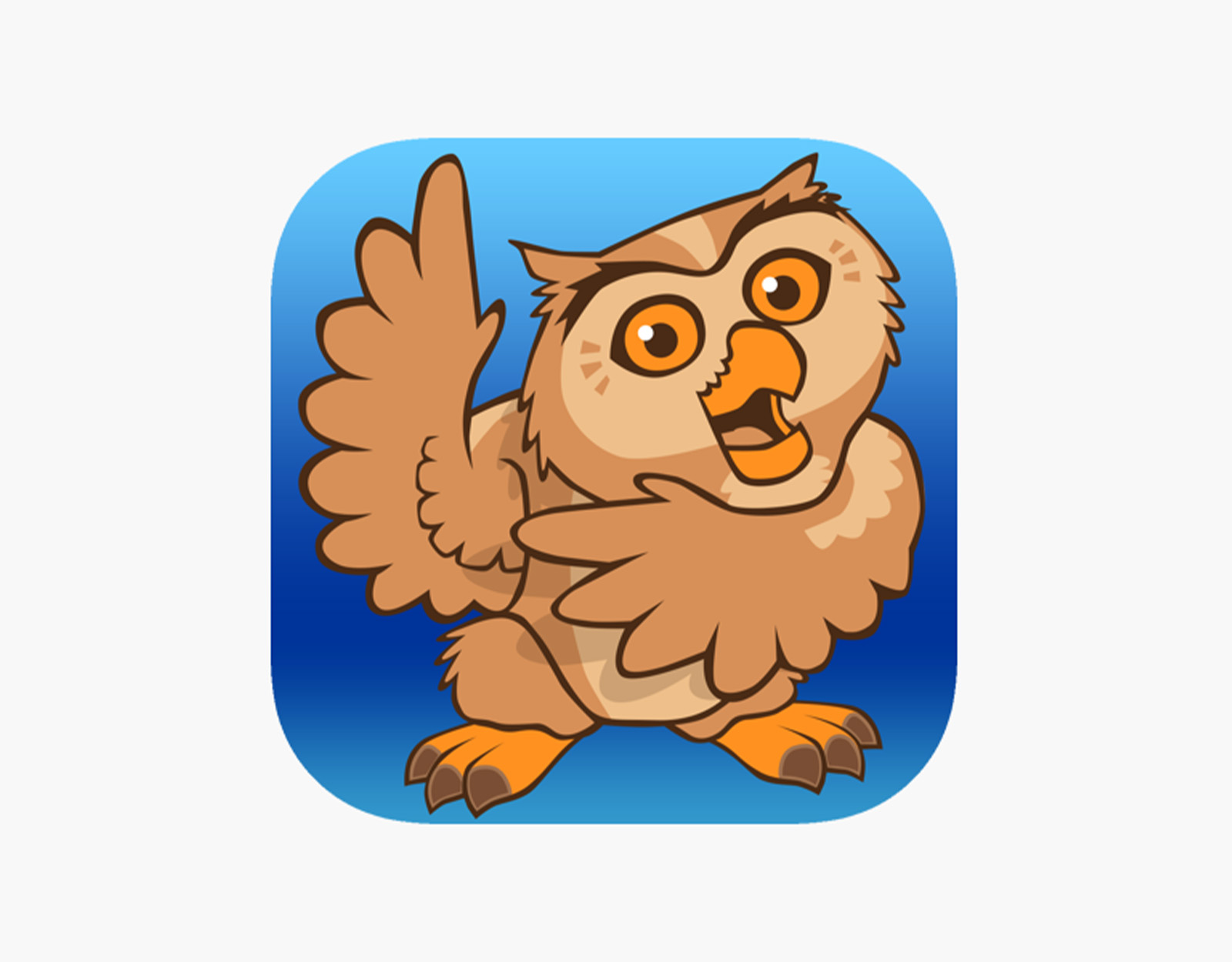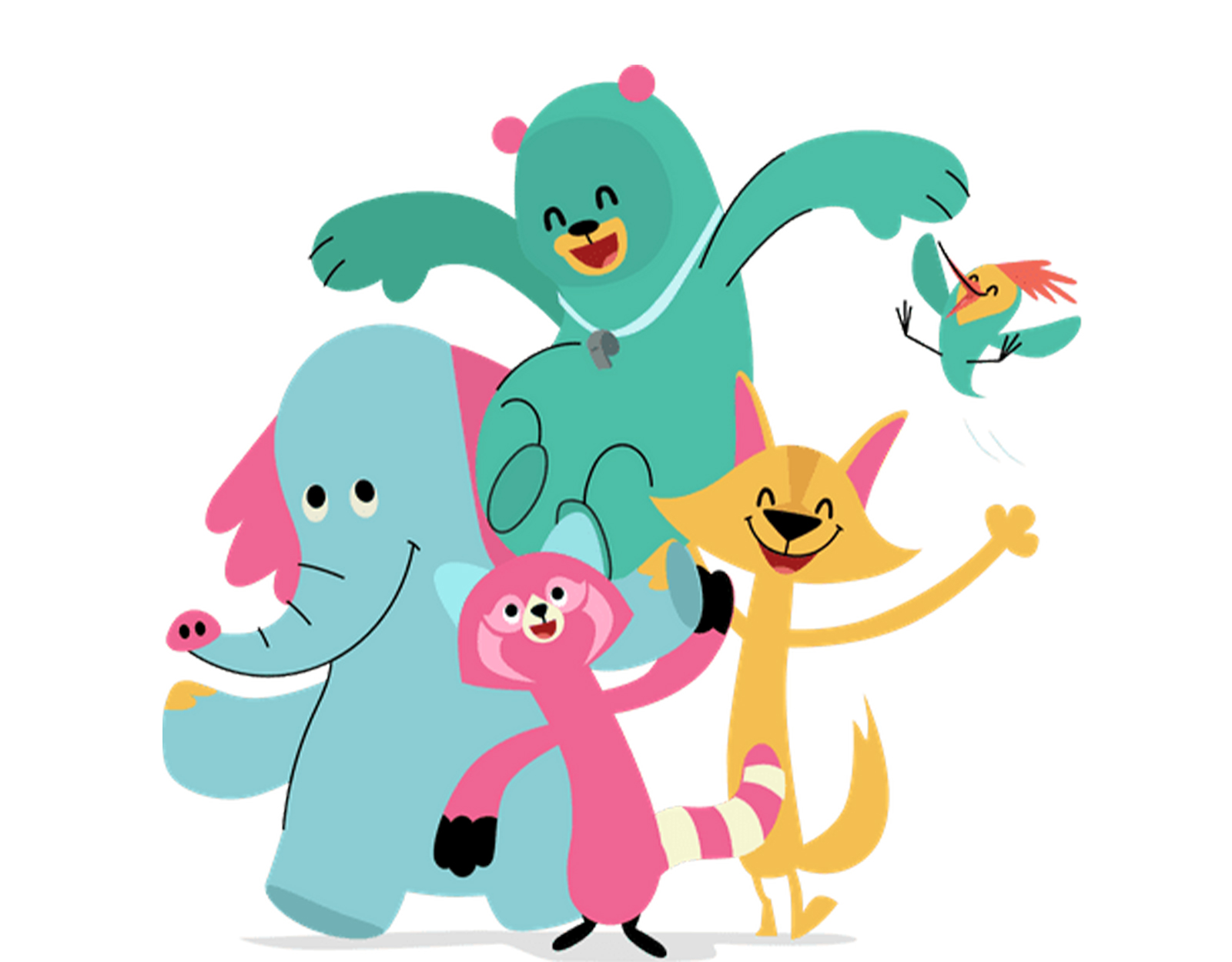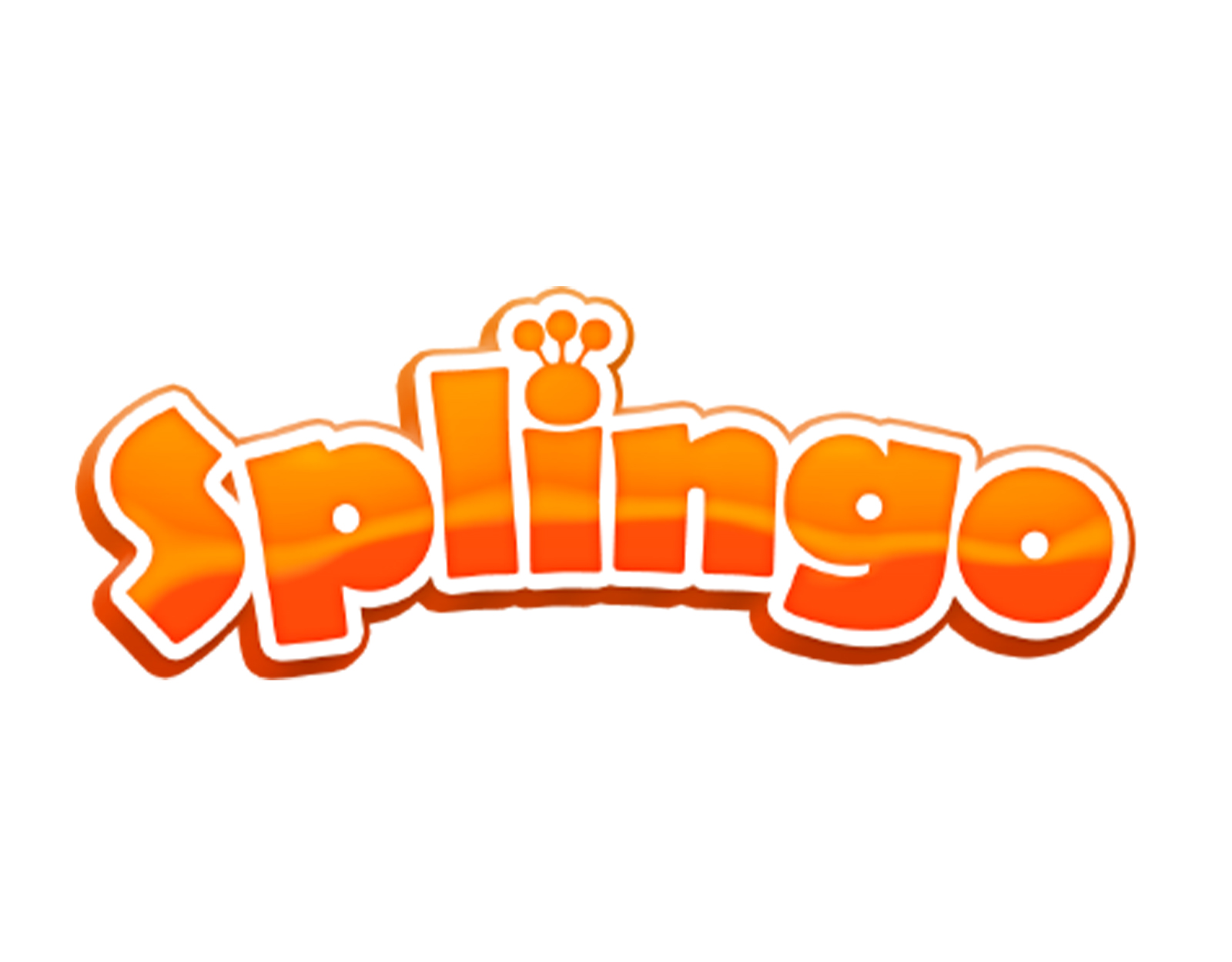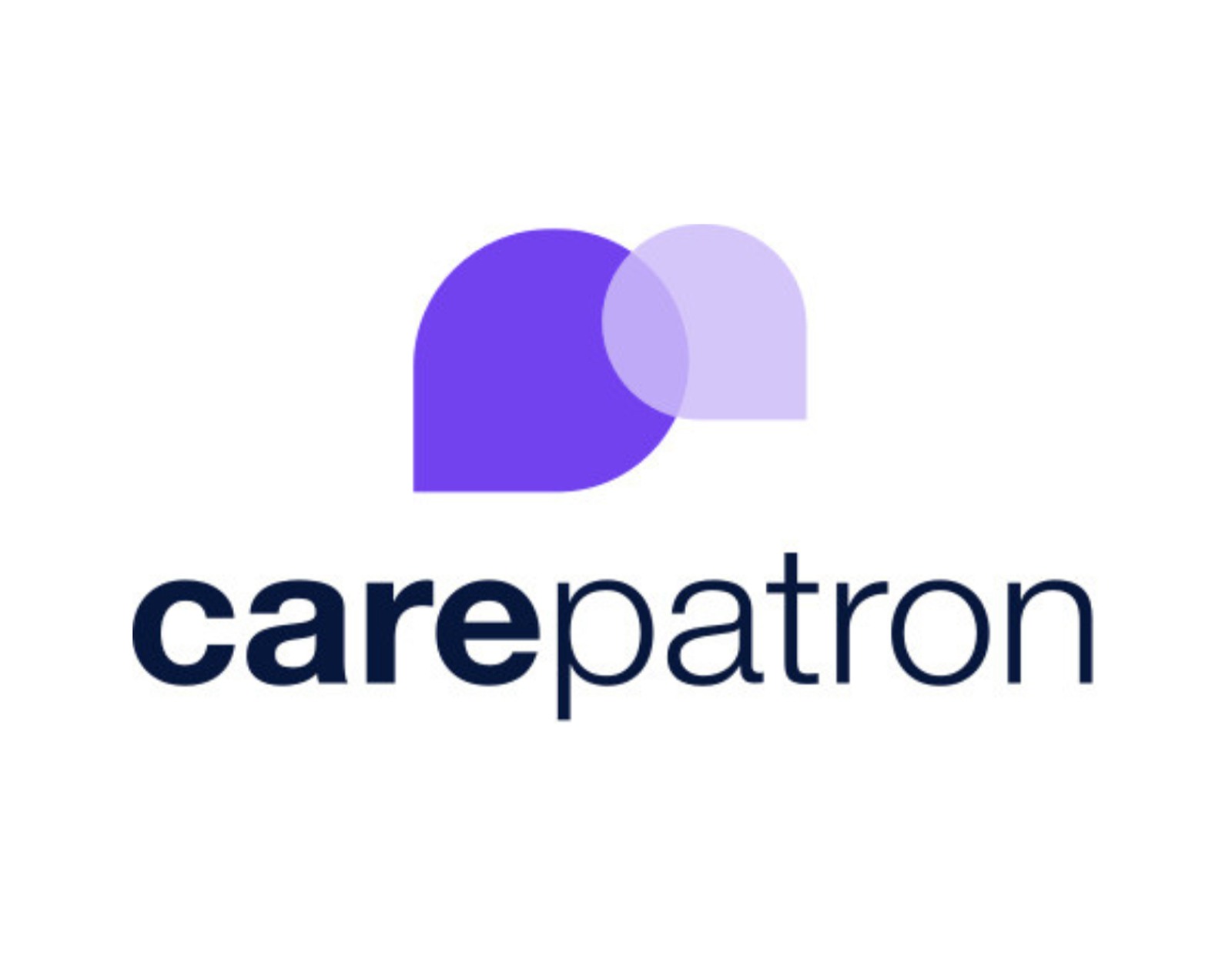Speech Development Apps to Help Kids on the Autism Spectrum
Here are some apps to encourage kids on the autism spectrum with speech development.
One of the most common signs of autism spectrum disorder is speech delay. While this doesn’t mean they can’t speak completely, it can take them longer than usual to form sentences. Add the layer of non-verbal social cues that require some reading between the lines—which can be frustrating for autistic kids to process.
To help these kids, developers and speech pathologists have come up with different speech development apps and programs to help them connect better with their peers.
Here are some speech development apps therapists use to encourage kids on the spectrum to speak and connect with their peers.
5 speech development apps for autistic kids
1. Mylo Speech Buddy
Unlike other speech development apps, Mylo Speech Buddy relies on the Discrete Video Modelling Method, wherein they show the child how the word works and how people respond to it in a video.
It focuses on creating something concrete for the child with autism to visualize—encouraging them also to recognize patterns that happen in daily life. Because it uses videos, this app is something that parents can use with their autistic kids to help them retain what they learned in therapy.
But unlike most speech apps that require one-time payments, it’s a subscription payment, similar to Netflix.
2. Proloquo2Go
As one of the most common apps used by speech pathologists when treating non-speaking autistic kids, Proloquo2Go also has storage space where both parents and kids can store sentences in the app for future use. These are especially useful for autistic kids when they have a meltdown. However, some parents have reported the app to have a bit of a learning curve.
Although Proloquo2Go costs $250.00 in the Apple Store, it’s a one-time payment.
3. Khan Academy Kids
Although not specifically made for kids on the autism spectrum, Khan Academy Kids has a lot of tools and resources that speech pathologists, therapists, and parents can use to help make therapy fun. It offers also other physical activities that can help reinforce things they’ve learned in occupational therapy.
Although the app is free, it requires the internet to be fully functional.
4. Splingo
Some autistic kids love letters and will enjoy Splingo because of its interactive spelling games. Because of its colorful pictures and creatures, the speech development app is easier to “sell” to the child. Bonus: it also teaches both British and American-accented English.
However, it can seem “too gamefied,” with many users pointing out the lack of progress tracker. It’s available only on Apple and costs PHP99.00.
5. Carepatron
Carepatron is a one-stop app that caters more to speech pathologists. How? By offering assistance in various speech therapies to encourage a child’s speech development. It also tracks all the changes and adjustments made to the speech therapy to make sure everyone stays updated. Even if we change devices, so long as we have the account, we can still access our previous records.
Unfortunately, the app cannot stand alone and it isn’t something that a kid on the spectrum can use by themselves.
These speech development apps help make it easier to communicate!
When autistic kids have a meltdown, it’s because they struggle to communicate what they need. The lack of words forces them to resort to physical measures, which is why many people still see them as “violent.”
But that’s because their communication develops differently from ours. We often take our ability to speak and to learn how to take it for granted, suppressing our frustration when people don’t understand us right away.
But that only happens once in a while for us. For kids on the spectrum, that’s their starting reality. However, these speech development apps are not a “magic bullet,” as Mylo CEO and Founder Vincent Rocha says. These apps are there to make sure we can help our kids interact with the world while making sure society meets them halfway.
More about Autism?
10 Things Parents Must Know About Autism Spectrum Disorders (ASD)
